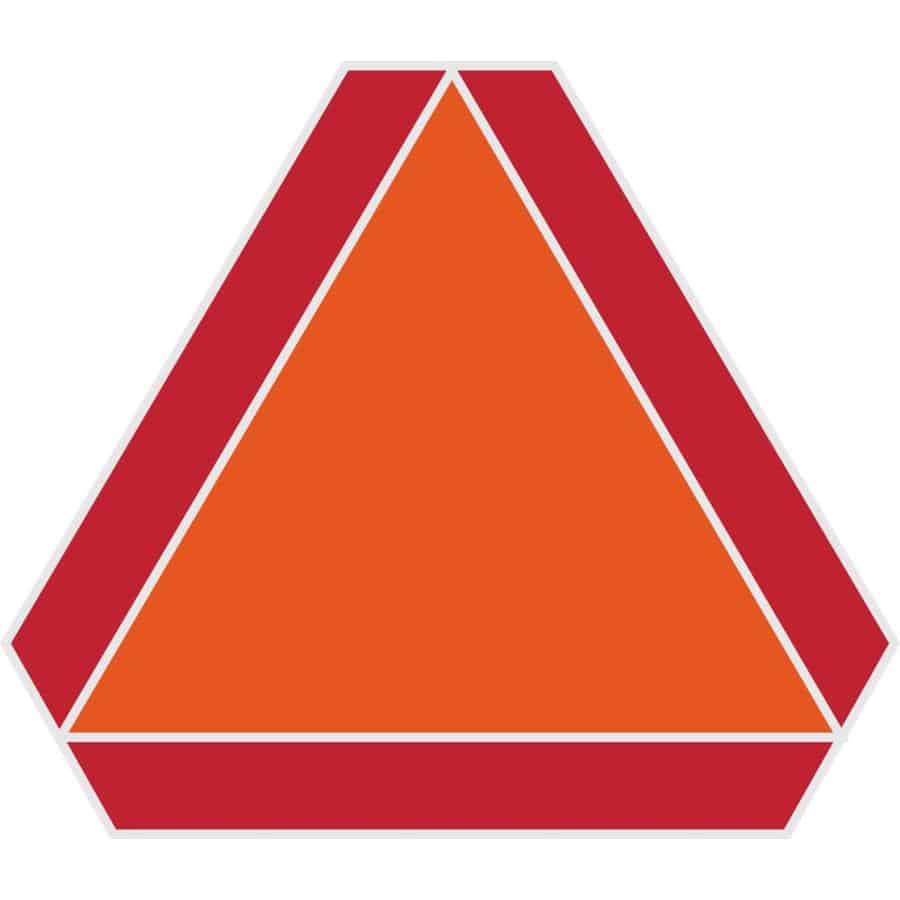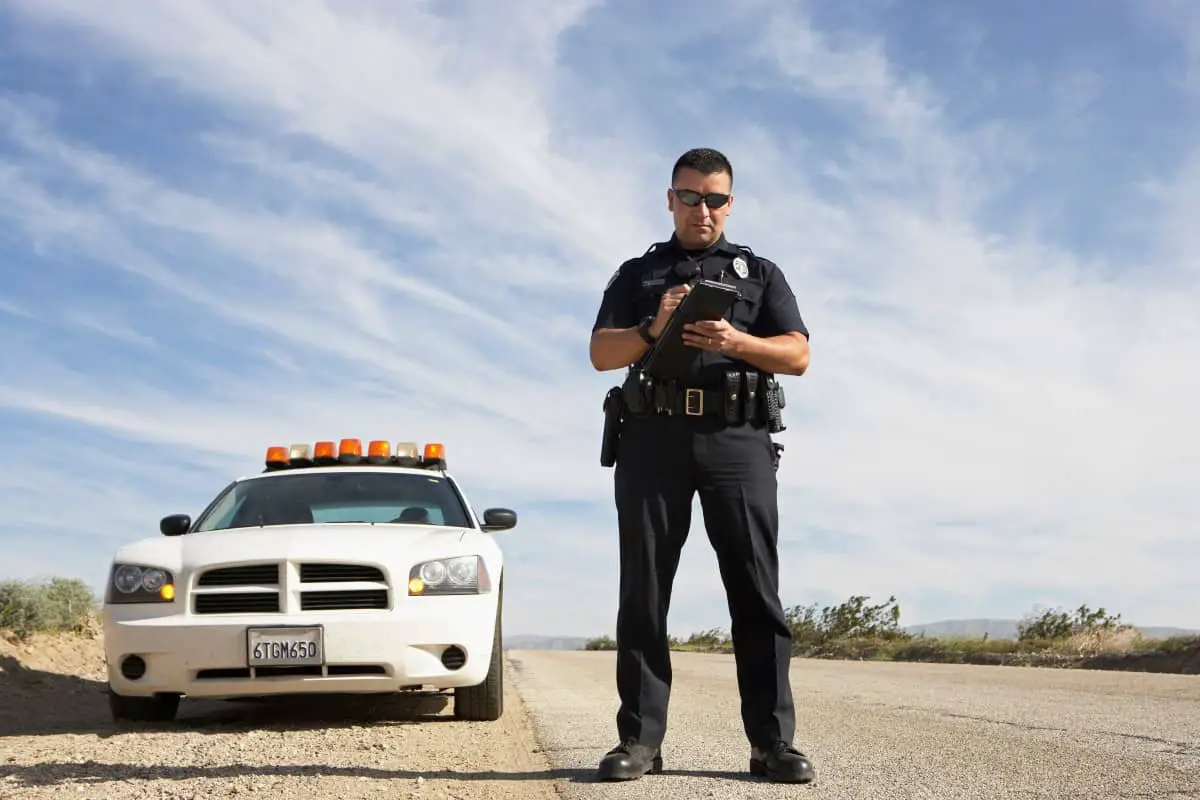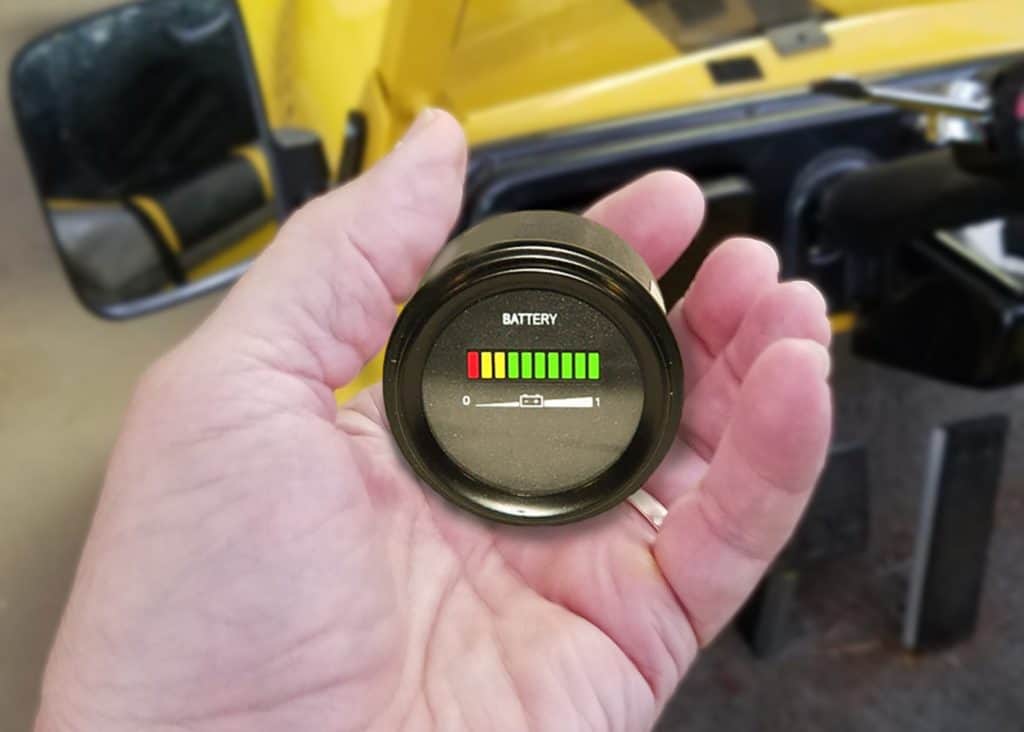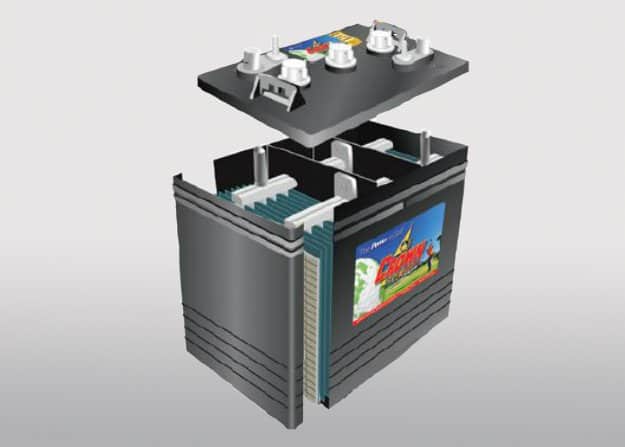Is a golf cart street legal? If not, how do you make a golf cart street legal?You can make a golf cart street legal adding the following items:
- Headlights
- Taillights
- Turn signals
- Brake lights.
- Windshield
- Horn (in some municipalities)
- Seat belts
- Rearview mirrors
- Driver’s license and tag
- VIN and registration
- Insurance.
Almost any electric golf cart can be safe and a street legal LSV with the addition of DOT-approved equipment and the cart’s speed meeting the minimum allowed for your state. Turning your golf course dwelling vehicle into a street legal vehicle isn’t that hard! Just remember to not do anything in a golf cart you wouldn’t do in a car.
A street legal golf cart is known as an LSV or low-speed vehicle. State and federal laws dictate what requirements need to be met in order to be allowed to drive on roads. Since they are classified as slow-moving vehicles, you won’t be able to take them out on the freeway. As a matter of fact, according to federal law, your vehicle has to not only be able to do a minimum speed but also is restricted to roads with speed limits of 25 miles per hour or less.
If your golf cart cannot make the minimum speed requirements, then you will need to upgrade the motor and controller to a faster model.
Does your golf cart meet all these requirements? If not, then it is time to start modifying your ride.
What Makes A Golf Cart Street Legal?
A “Street Legal” golf cart conforms to local ordinances and safety regulations. The difference between a golf cart and a regular car is the safety components and speed. It is relatively easy to bring a non-compliant cart up to local regs, so if you need to travel by city streets, dive right in. You can’t expect the law to turn a blind eye to golf carts on the road that are unsafe forever, so bring it up to specs.
How Much Does It Cost To Get A Golf Cart Street Legal?
It shouldn’t run more than $200 and the available kits are well under that. The large expense usually falls to the golf cart windshields. The total cost will largely depend on whether you purchase a kit or buy the parts to install on the golf cart individually.
How Old Do I Need To Be To Drive A Golf Cart On A Public Street?
18 years old, on average. You must have a driver’s license or learner’s permit to drive on public streets, so whatever the legal driving age in your state. While it is true that in some states, you can be as young as 14 to drive a golf cart, It is a whole different thing on the public streets.
What Do I Need To Make My Golf Cart Street Legal?
So, what accessories make a golf cart vehicle street legal? These are usually best bought in a kit unless your budget requires installing them in steps. Kits are usually packaged for a specific model golf cart, Such as a Club Car DS, EZGo RXV, etc.
A street-legal light kit will include Headlights, Taillights, Turn Signals, and Brake Lights.
Safety Requirements will include a Windshield, a Horn (in some municipalities), Seat belts, Rearview mirrors, and a Slow Moving Vehicle sign (in some municipalities).
Legal Requirements will include a Driver’s license and tag, VIN and registration, and Insurance against golf cart accidents.
Proper Lighting/Indicators
Street legal light kit can be purchased as a set to fit a specific make and model golf cart as well as generic golf carts. Golf cart enthusiasts can find it easier to get proper lighting/indicators in a kit with all matching parts but can always opt to buy each piece separately. The examples below are for specific years with the top three golf cart manufacturers.
Golf Cart Windshields
You will need durable, shatter-resistant windshields in your golf cart upgrade. They are usually made of acrylic and come with clear and tinted options. They provide a clear view of your surroundings and keep the road dirt and dust out of your eyes. They are required by law, but the specific limits are dictated by local ordinances.
Horn
The horn on your golf cart needs to be loud enough to be heard in traffic with full-size vehicles, and the variety of sounds they can make is practically unlimited. From truck horns to old-time ahoogah, from “shave and a haircut” to “Boomer Sooner”, you can personalize and add functionality to your golf cart at the same time as making it street legal.
The horn button will have three options for mounting: dashboard, floor, and steering column. The horn unit itself will usually mount under the front fender or bumper.
Seat Belts
Seat belts are needed in your golf cart to operate legally on the road as well and are always a good idea. You wouldn’t think it was easy to roll your vehicle, but a sideways cross on a steep hill can turn dangerous. You also want to prevent losing a passenger or two on a busy city street. If your golf cart has a rear seat, you will need to install seat belts for these as well.
Universal kits will do fine for this upgrade if there is no specific belt for your golf cart model. The universal models usually bolt through the floor pan.
Mirrors
Mirrors are a must even if you aren’t worried about golf cart street legality. There are many places on the trails and golf courses that will require a short ride on the road to get to the next path entry. You need to be able to see when a car or truck is approaching from behind so you can pull over until they pass. They must be mounted to give you an unobstructed view at a glance.
Slow Moving Vehicle Sign
You know the yellow triangle-shaped signs on the back of tractors, trailers, Amish buggies, etc. While this is not usually required equipment, it gives you just a slightly better edge for being seen in time by approaching vehicles and can be removed when not on the street.

Registration
Here is an example of a South Carolina DMV registration:
If you have a valid driver’s license, you may drive the golf cart during the day within four miles of your home or business and on secondary highways.
To receive a golf cart permit, do all of the following:
Complete the Golf Cart Permit Registration (SCDMV Form GC-2) This is a PDF file
Provide proof of insurance for the golf cart
Provide your valid driver’s license number
Pay $5
You must replace your golf cart permit every five years or if you change your address.
Every municipality will be different, so be sure and check local DMV requirements. An online reference for different state laws may be downloaded from the International Light Transportation Vehicle Association Here
Do Golf Carts Have VIN Numbers?
Yes, all vehicles on the road must be registered with the appropriate government agencies. The VIN (vehicle identification number) is required by the government to identify the golf cart and its owner, so your golf cart must have a VIN To be legal. You receive a VIN during the registration process so it must be properly displayed on the cart.
After your golf cart is registered, it will be subject to yearly safety inspections.
Do I Need A Driver’s License To Drive A Golf Cart On Public Streets?
Yes, since the golf cart is now a fully registered and licensed vehicle, it must be treated just like an automobile. You will need a valid state driver’s license to prove to the government agencies that you are aware of and will follow all applicable edicts of the road.
Where Are Golf Carts Allowed To Drive On Public Streets?
This is a listing of current states LSV restrictions:
| State | Roads Permitted? | Top Speed Permitted for LSV in MPH? |
|---|---|---|
| Alabama | Local option, municipal streets in class 2 municipalities during daylight hours | 25 |
| Alaska | The local ordinance may allow use on roads with a posted speed limit of 45 mph or less; otherwise roads with a posted limit of 35 mph or less. | 25 |
| Arizona | Roads with a posted speed limit of 35 mph or less | 25 |
| Arkansas | Roads on which a low-speed vehicle would not impede the normal and reasonable movement of traffic | 25 |
| California | Roads with a posted speed limit of 35 mph or less | 25 |
| Colorado | Roads with a posted speed limit of 35 mph or less; Colorado DOT may permit LSVs on some roadways with a speed limit equal to 40 mph | 25 |
| Connecticut | No state law | No state law |
| Delaware | Roads, other than dual highways in unincorporated areas, where the posted speed limit is 35 mph or less | 25 |
| District of Columbia | Roads on which a low-speed vehicle would not impede the normal and reasonable movement of traffic | 25 |
| Florida | Roads with a posted speed limit of 35 mph or less | 25 |
| Georgia | Roads with a posted speed limit of 35 mph or less | 25 |
| Hawaii | Roads with a posted speed limit of 35 mph or less | 25 |
| Idaho | Roads with a posted speed limit of 35 mph or less | 25 |
| Illinois | Roads with a posted speed limit of 30 mph or less; local ordinance may allow use on roads with a posted speed limit of thirty-five mph or less | 25 |
| Indiana | Roads with a posted speed limit of 35 mph or less | 35 |
| Iowa | Roads with a posted speed limit of 35 mph or less | 25 |
| Kansas | Roads with a posted speed limit of 30 mph or less | 25 |
| Louisiana | Roads with a posted speed limit of 35 mph or less | 25 |
| Maine | Roads with a posted speed limit of 35 mph or less | 35 |
| Maryland | Roads with a posted speed limit of 30 mph or less | 25 |
| Massachusetts | Roads with a posted speed limit of 30 mph or less | 25 |
| Michigan | Roads with a posted speed limit of 35 mph or less | 25 |
| Minnesota | Roads with a posted speed limit of 35 mph or less | 25 |
| Mississippi | No state Law | No state law |
| Missouri | Roads with a posted speed limit of 35 mph or less | 25 |
| Montana | No state law | No state law |
| Nebraska | Roads with a posted speed limit of 35 mph or less | 25 |
| Nevada | Roads with a posted speed limit of 35 mph or less | 25 |
| New Hampshire | Roads with a posted speed limit of 35 mph or less | 25 |
| New Jersey | Roads with a posted speed limit of 25 mph or less; the commissioner may permit use on specified roads where the posted speed limit is greater than 25 mph but not greater than 35 mph | 25 |
| New Mexico | Roads with a posted speed limit of 35 mph or less | 25 |
| New York | Roads with a posted speed limit of 35 mph or less | 25 |
| North Carolina | Roads with a posted speed limit of 35 mph or less | 25 |
| North Dakota | Roads with a posted speed limit of 35 mph or less | 25 |
| Ohio | Roads with a posted speed limit of 35 mph or less | 25 |
| Oklahoma | Roads with a posted speed limit of 35 mph or less | 25 |
| Oregon | Roads with a posted speed limit of 35 mph or less | 25 |
| Pennsylvania | Roads with a posted speed limit of 25 mph or less; the secretary may permit use on specified roads where the posted speed limit is greater than 25 mph but not greater than 35 mph | 25 |
| Rhode Island | Roads on Prudence Island with a posted speed limit of 25 mph or less during the hours of 6:00 am through 6:00 pm | 25 |
| South Carolina | Roads with a posted speed limit of 35 mph or less | 25 |
| South Dakota | Roads with a posted speed limit of 35 mph or less | 25 |
| Tennessee | Roads with a posted speed limit of 35 mph or less | 25 |
| Texas | Roads with a posted speed limit of 45 mph or less | 35 |
| Utah | Roads with a posted speed limit of 35 mph or less | 25 |
| Vermont | Roads with a posted speed limit of 35 mph or less | 25 |
| Virginia | Roads with a posted speed limit of 35 mph or less | 25 |
| Washington | Roads with a posted speed limit of 35 mph or less | 25 |
| West Virginia | Roads within the corporate limits of a municipality where the speed limit is 25 mph or less | 25 |
| Wisconsin | Local option may allow use on roads with a posted speed limit of 35 mph or less | 25 |
| Wyoming | Non-interstate highways on which the vehicle is capable of achieving the maximum speed limit | Not Specified |
Final Thoughts
Most people love driving their golf carts and don’t want restrictions to driving on golf courses only. Whether you are taking a trip to your neighbor’s house or taking a quick journey to the local store, a golf cart is a very economical way to go. More and more people are utilizing golf carts to get them from point A to point B.









